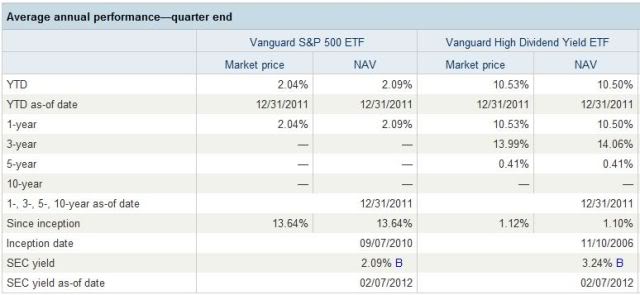haha
Give me a museum and I'll fill it. (Picasso) Give me a forum ...
Asset Allocation For A Dividend Growth Investor - Seeking Alpha
Written by a retired man who has been doing this for some time, it tries to marry asset allocation choices to a rational covering of income needs.
A personal note- I have never run my retirement portfolio on the liquidation method that is embedded in most "asset drawdown" or controlled liquidation models. Growing cash distributions are best for me.
Ha
Written by a retired man who has been doing this for some time, it tries to marry asset allocation choices to a rational covering of income needs.
A personal note- I have never run my retirement portfolio on the liquidation method that is embedded in most "asset drawdown" or controlled liquidation models. Growing cash distributions are best for me.
Ha

